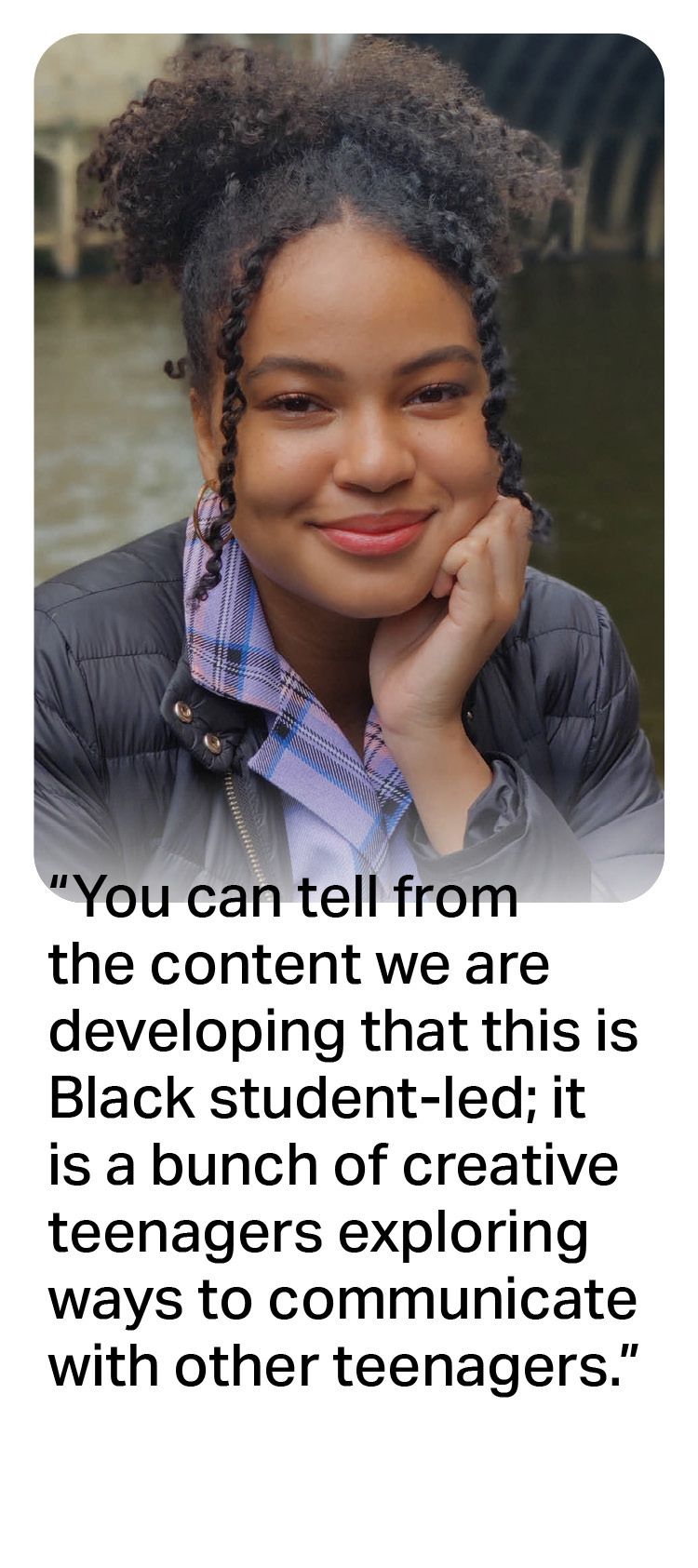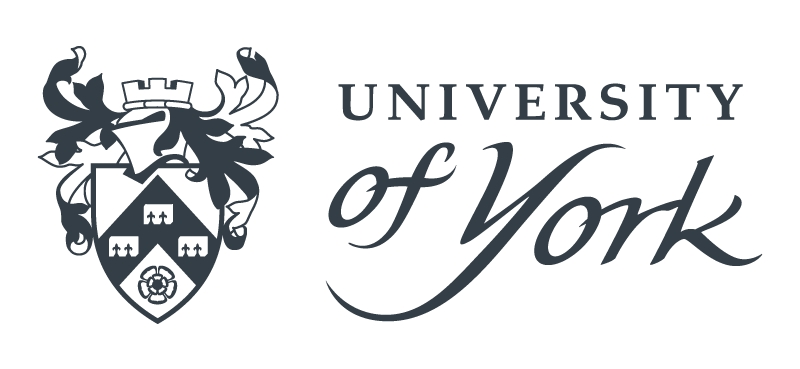Soul's story
Social Mobility at York case study
When Soul was invited to apply for a paid student internship to develop a radical new programme that will expand higher education opportunities for Black teenagers across England, the Brooklyn-born law student seized the opportunity.
“I love that the whole point of the Black Access programme is that it is for Black students by Black students,” says Soul, who came to the North of England with her “part-Nigerian, part-Scottish mom” when she was 13 years old.
That move to Newcastle from a richly diverse New York neighbourhood where she never thought of herself as belonging to a minority was an “overwhelming experience” where she suddenly found she had “become very noticeably a member of a minority.”
While she found the University of York a much more diverse environment, Soul also sensed something missing. “Ever since I moved to England I felt I had lost the communities I had around me while growing up. But this project has changed that: we have created a really diverse community of amazing Black people from different backgrounds and experiences.
“Even though we have all been working from home, because we all depend on one another and have different skill sets we have been creating some really powerful content by picking up on each other’s experiences and attributes and melding them into a great project.”
Access and Outreach Manager Andrew Hunter explains the thinking behind Black Access, a new initiative designed to widen access to diverse Black populations: “This is a unique project, where the University recognises we are not the experts; this is very much about empowering our Black students to design, develop and deliver a project that will engage potential Black students across the UK in a way that is more relevant and innovative than we, as professionals, would be able to achieve.”
Following a series of focus groups into the experience of Black students at York – during which the University learnt some valuable truths – an open call went out for Black students to lead the emerging Black Access project. “Every decision that has been made since those early focus groups has been made by this team of very passionate and committed young people,” Andrew added.
Soul agrees: “You can tell from the content we are developing that this is Black student-led; it is a bunch of creative teenagers exploring ways to communicate with other teenagers. We are all engaged in social media, we know how it works, we know what works, so the content speaks directly to other Black teenagers.”
Although the Black Access project will continue to evolve, it will be broadly based on two key strands. The first provides three-year support to sixth form and college learners, helping with exams, revision and UCAS applications, which will continue through the first year of life at university should they choose to come to York.
The second strand will be to identify role models, drawn from the diverse group of Black students at the University, to engage with targeted schools and community groups. All the while, behind the scenes, Andrew and his team are poring over data to pinpoint communities and neighbourhoods, where this student-led project could have the greatest impact.
He says, “Our student team will be role models to programme participants, they will help young people through school and college, and be there for them when they are having to make big life decisions. They’ll create a peer group and a sense of community that our student team agree is so important for success at university. The students themselves also gain invaluable paid work experience and a chance to have a major impact on the widening access landscape.”
For Soul, being engaged in this project during the pandemic has been a transformative experience. “I knew I wanted to study law from the age of 11 and have never wavered from that path. I became very aware of the injustices being faced by minorities, especially Black Americans, and knew from a young age that I had to do something to help make a world that is better for everyone and thought that law was the way to make a difference,” she says.
But now Soul is questioning that thinking. “Doing the student ambassador work and being an intern on this amazing programme has made me feel for the first time that I am actually doing something that is making a difference, I can see the change that I am helping to make. So, when I graduate next year, the plan now is to do access, outreach and inclusion work.”
With more recruits like Soul and her colleagues, social mobility is sure to get a boost.

